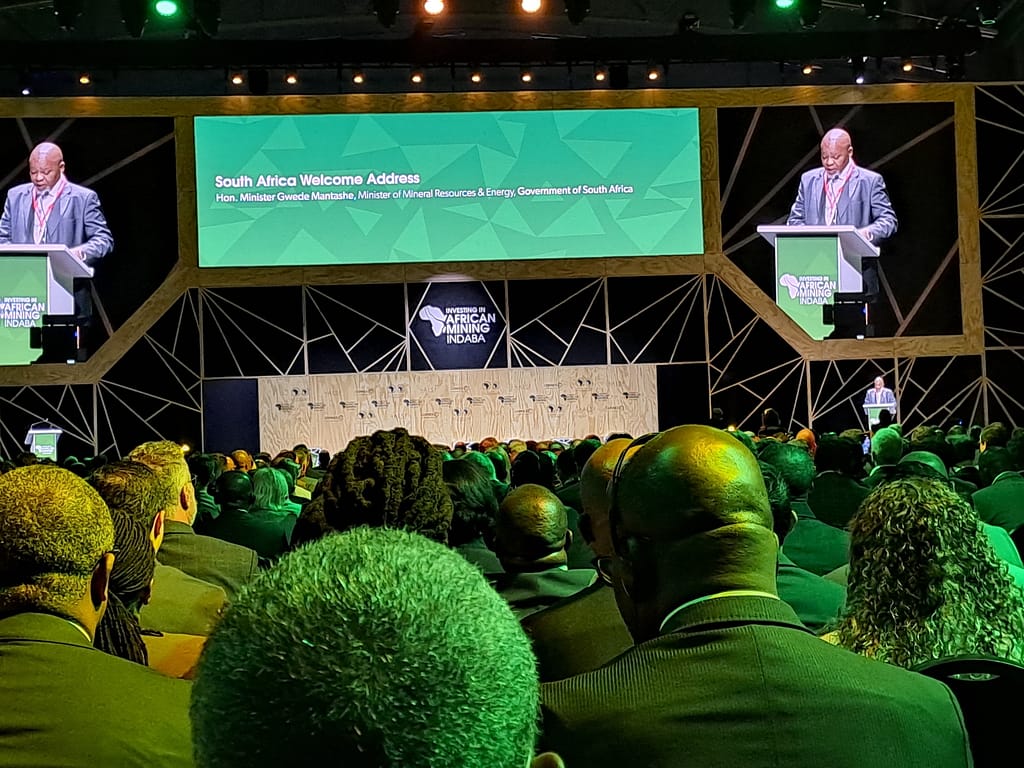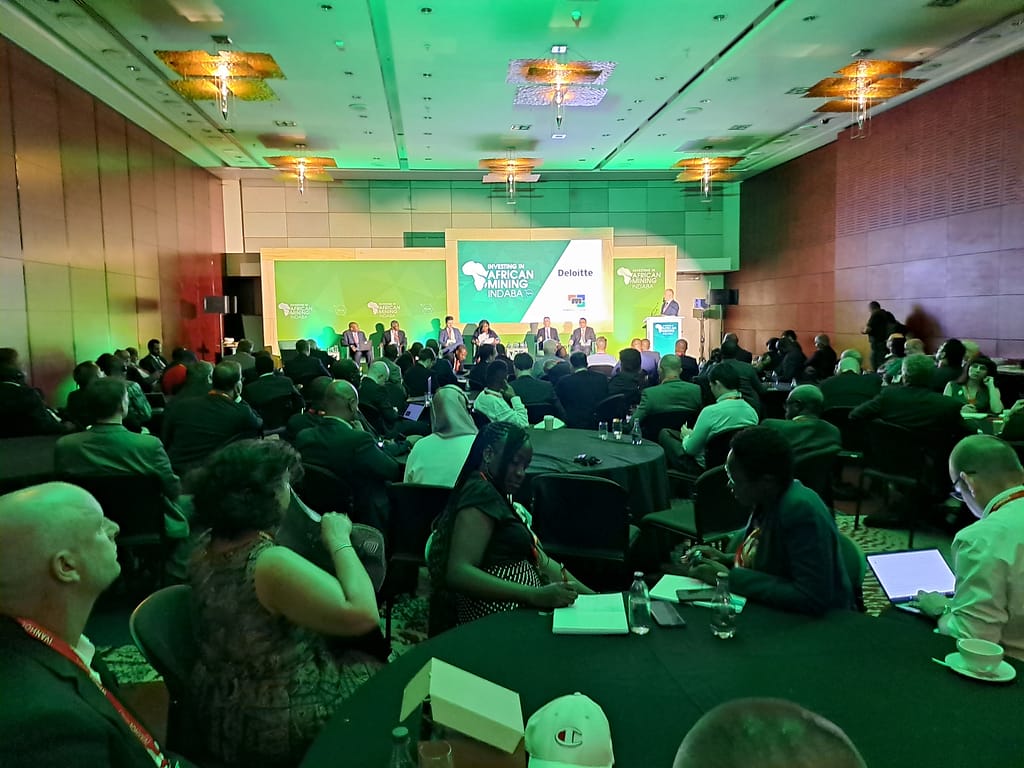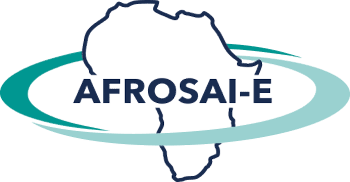
2023 Mining Indaba: Unlocking African Mining Investment: Stability, Security and Supply
6 – 9 February 2023, Cape Town
The annual Mining Indaba is a global platform for investors, mining corporations, and governments to network and do business. The conference is dedicated to successfully capitalising and developing mining interests in Africa. Over 9000 delegates, including 40 ministers from five continents (Africa, Asia, Australia, Europe and North America), gathered in Cape Town from 6 to 9 February 2023 for this prestigious event.
AFROSAI-E attends the event annually to stay up to date with the latest developments in the industry. This enables us to develop the necessary capacity-building interventions to empower SAIs to audit the extractive industries along the Extractive Industries (EI) value chain.
In his opening remarks, the President of South Africa, Mr Cyril Ramaphosa, delivered a strong message on the urgency to achieve a secure electricity supply and accelerate economic reforms to improve the operating environment, tackle illegal mining, and improve the regulatory environment.
Notable trends that are shaping the present and future of the African mining industry.
- Increased demand for critical minerals: Critical minerals will drive global demand for strategic commodities, such as cobalt, copper, manganese, etc. As was also addressed in the keynote remarks on “A Race to The Top on Minerals and Mining”, the International Energy Agency [IEA] recently predicted that the demand for most minerals essential to the clean energy transition would increase by a factor of four to six. For some minerals, the increase will be exponential.
- Technology and innovation: As the demand for minerals and metals continues to grow and the world races to net zero, the need for innovative and sustainable mining practices is greater than ever. The industry will need to adopt new technologies and processes to increase efficiency, reduce costs, and minimise the environmental impact of mining operations.
- Accessible and reliable power: The link between clean power and mining cannot be overstated. Reliable and sustainable power is essential for the efficient operation of mines and to meet the increasing demand for electricity in Africa.
- Responsible mining practices: Responsible mining is a critical aspect of the industry’s future, both from a social and environmental perspective. The industry must work closely with communities and governments to ensure that mining operations are aligned with local development needs and to promote sustainable practices throughout the mining value chain.
- Governance: The industry must be held accountable for its actions, including implementing responsible and transparent reporting and business practices.
- Legal framework: The regulatory environment plays a critical role in the success of the mining sector. Harmonising all laws and regulations relating to mining to remove regulatory duplications and inconsistencies and the need for an update of the legal framework. Strengthening of PFM systems
- Revenue collection/taxation: Panel discussion on taxation with Anglo-American, SARS and Zambia. There is a need for revenue authorities to invest in technology to ensure that revenue due to the government is collected by a dedicated mining unit within the revenue authority. In Zambia (a member of EITI), there has been increased transparency on the revenues declared. They implored others to lobby their governments on the benefits of joining EITI.
- Artisanal and small-scale mining (ASM): For the past two years, we have observed how artisanal mining is considered part of the value chain. It is no longer seen as a threat but as an opportunity and an emerging sector. As a result, big mines are taking them under their wings to try and professionalise them. There is a growing trend to formalise and include ASM in policymaking. International standard setters are developing guidance on engagement with and sourcing from ASM.
Environmental, Social Governance (ESG) overarching theme: Debate on these elements concluded that they might be at different levels depending on the continent. Social might take precedence in Africa, but that might differ in Australia.
Alternative Mining Indaba
Concurrently with the Mining Indaba, the 14th Alternative Mining Indaba (AMI) was held with the theme Just energy transition: unlocking community potential and participation. AFROSAI-E had the opportunity to participate in a side meeting panel discussion on Towards a just and equitable energy transition: Exploring the role of the mining sector.
The panel session considered the role, challenges, and opportunities for the extractive sector to contribute towards a just and equitable energy transition. The key points discussed included contextual realities of economic vulnerability, debt distress, under-investment in renewable energy development, and the unchecked illicit financial flows from the extractive sector.

